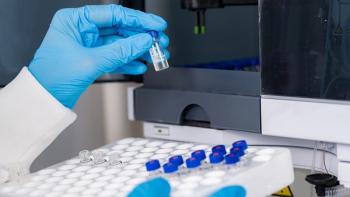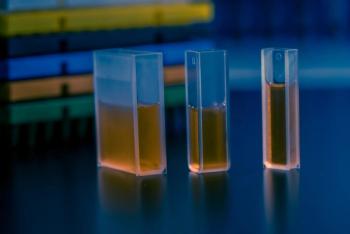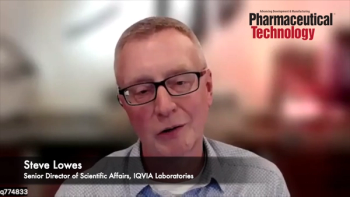
PAT for Concentration Measurement, Phase Separation, and Reaction Monitoring
The LiquiSonic in-line analyzer from SensoTech provides continuous and precise measurement of concentrations in process liquids with online data.
SensoTech’s LiquiSonic technology enables monitoring of parameters such as concentration and phase separation in process liquids. The technology has applications across various industries, including pharmaceutical processes. For example, the LiquiSonic analyzer can be used to monitor complex reactions such as crystallization or polymerization.
In-line measurements are used to monitor critical process parameters for quality assurance and production efficiency. This approach ensures process reliability, reduces costs of raw materials and energy, and eliminates failed productions. In crystallizations, critical parameters include the saturation degree, the crystal content, or the metastable range, whereas in polymerizations the analysis of the polymerization degree is important.
The LiquiSonic technology is based on sonic velocity measurement that provides high-precision and stable measuring results that are updated every second. Compared to other measuring methods, sonic velocity devices are more robust and have the advantage of being maintenance-free, corrosion-resistant, and integrable into the process without bypass.
LiquiSonic sensors are installed directly into pipes or vessles of any size. The measurement is performed continuously inline and the results are provided online. The LiquiSonic controller displays and stores the results. The trend view shows the process status at any time. If the measuring result exceed or fall below specified thresholds, a signal will be sent immediately. For automated process control, the measuring results can be transferred to the process control system. Using a PC-interface, it is possible to read all data and to create reports and protocols.
Source:
Newsletter
Get the essential updates shaping the future of pharma manufacturing and compliance—subscribe today to Pharmaceutical Technology and never miss a breakthrough.




